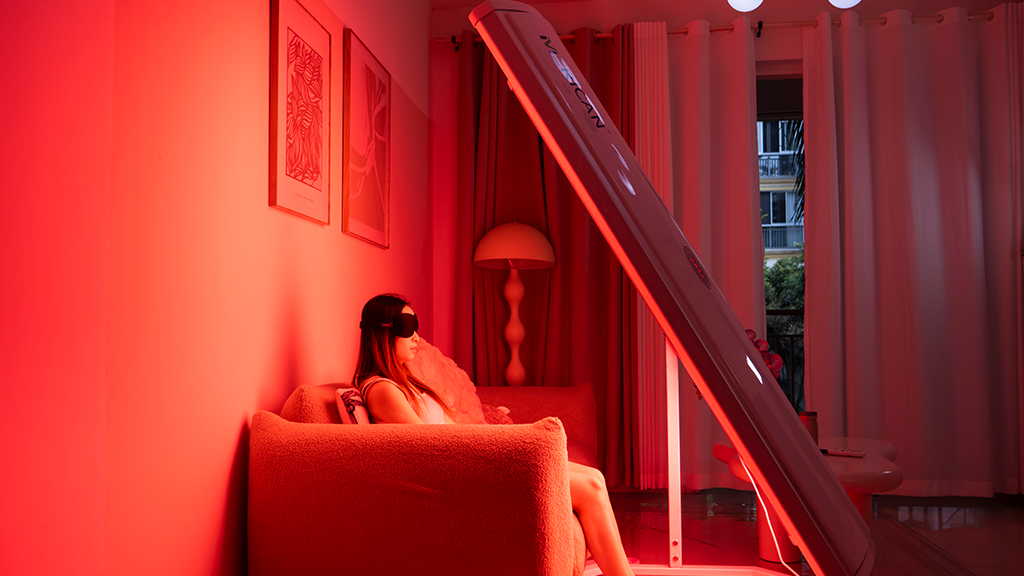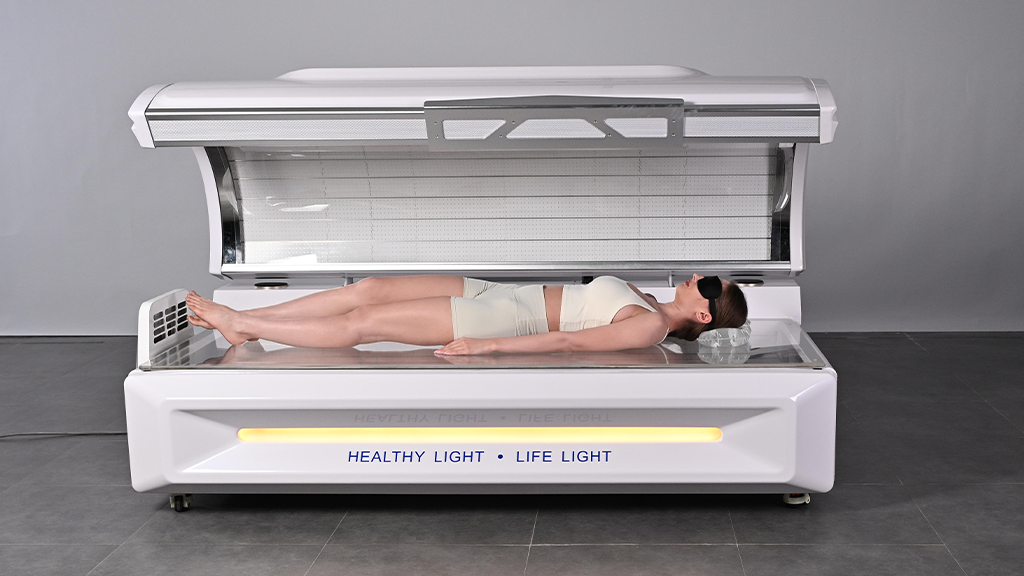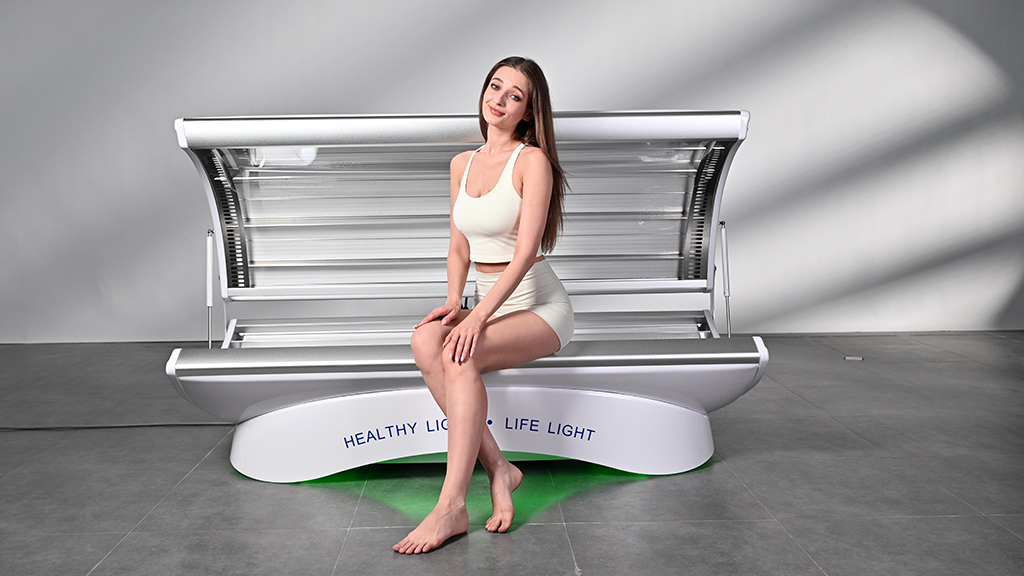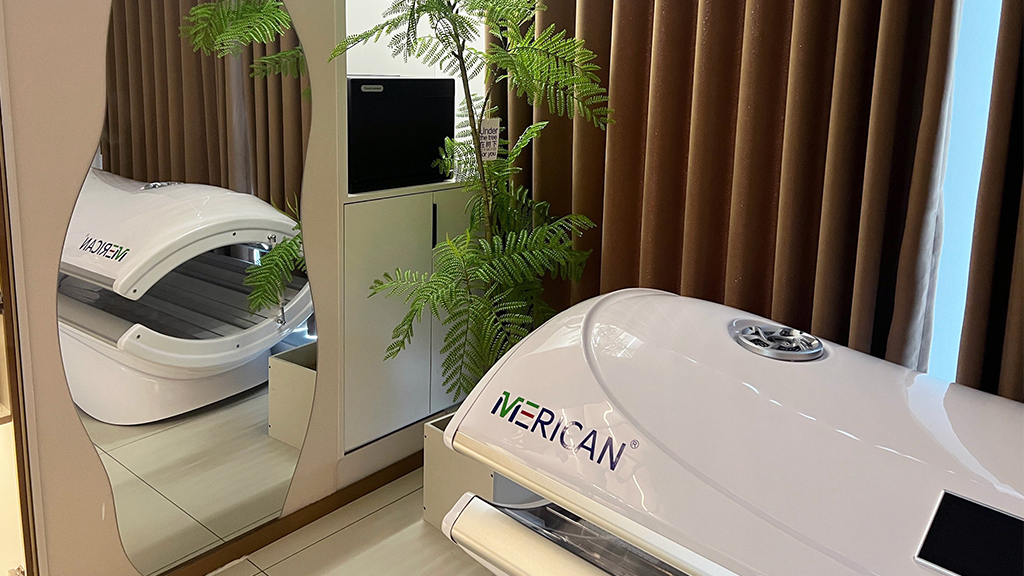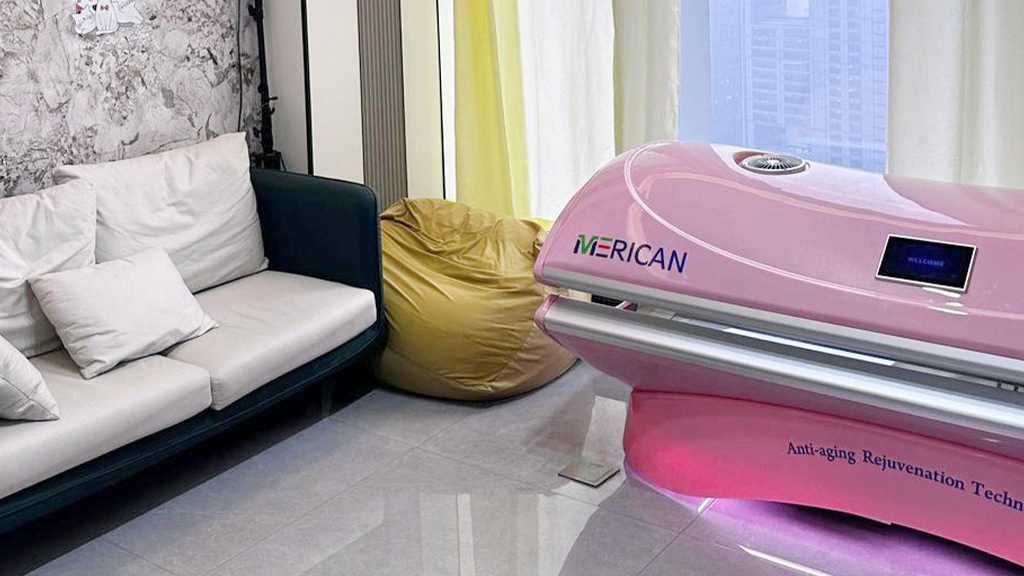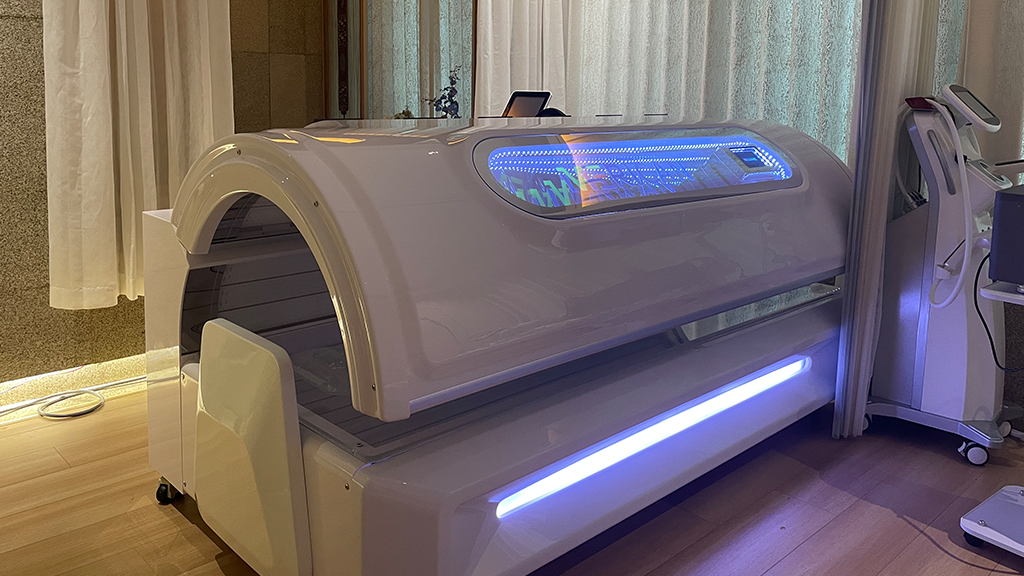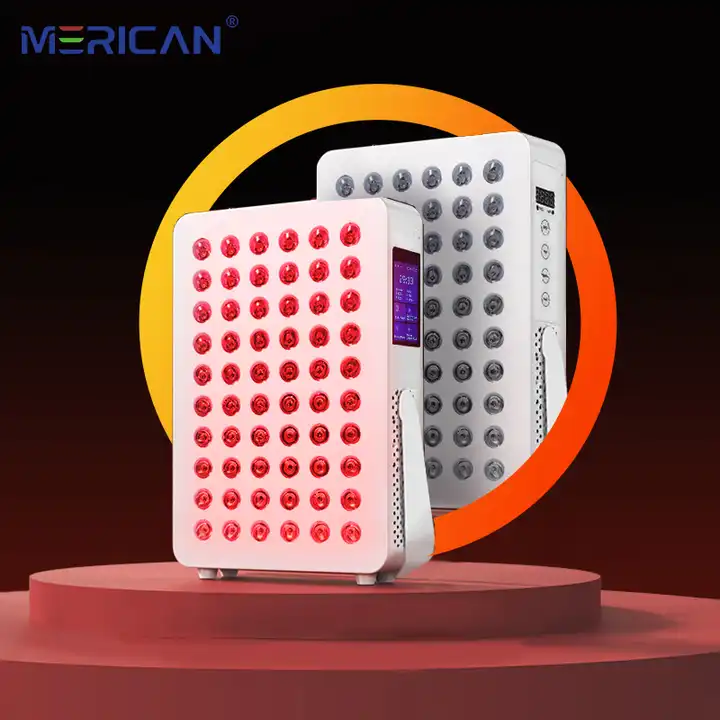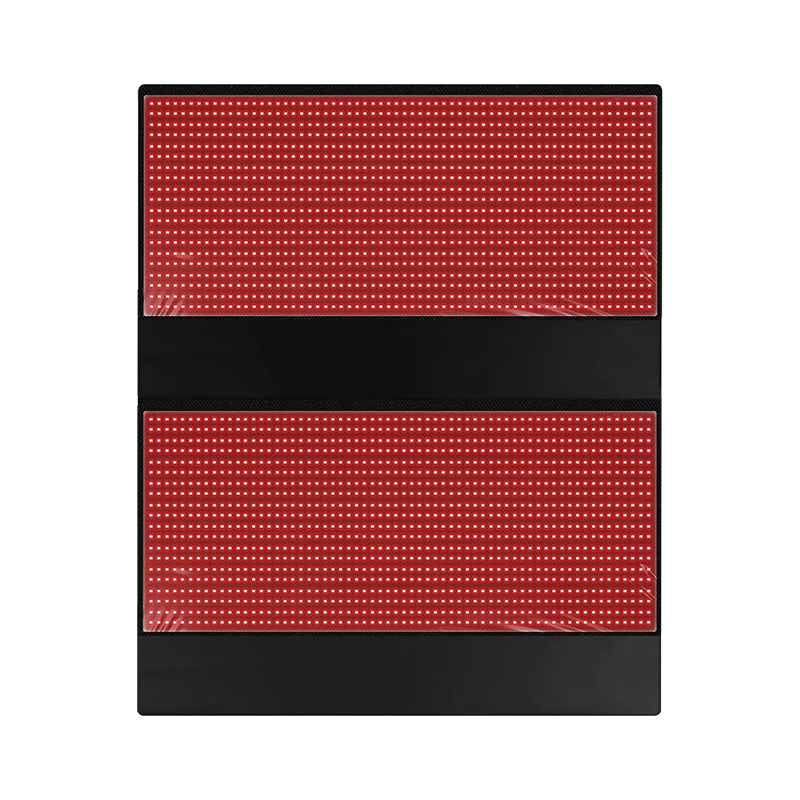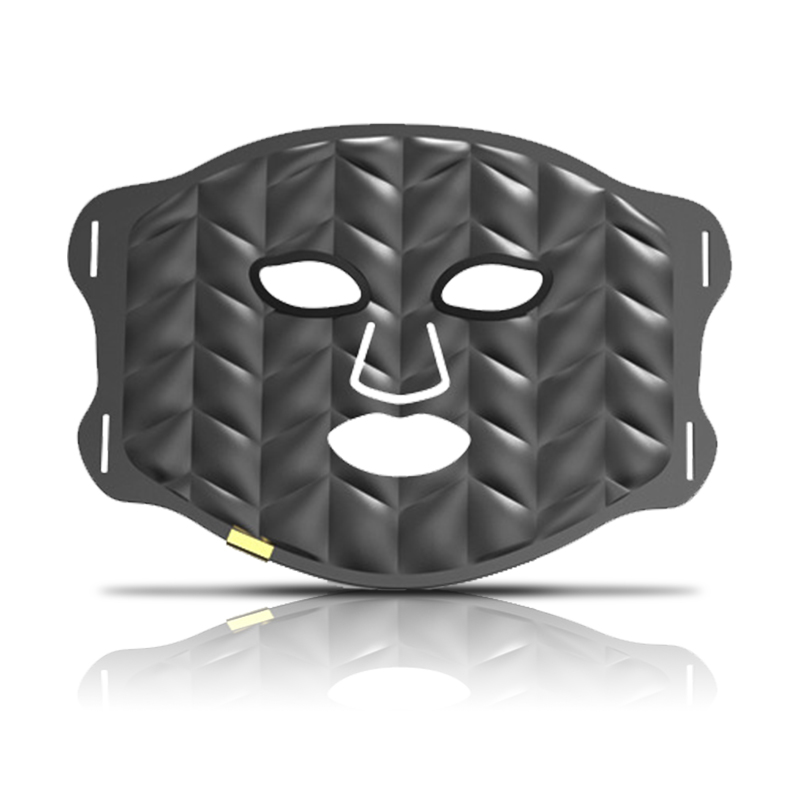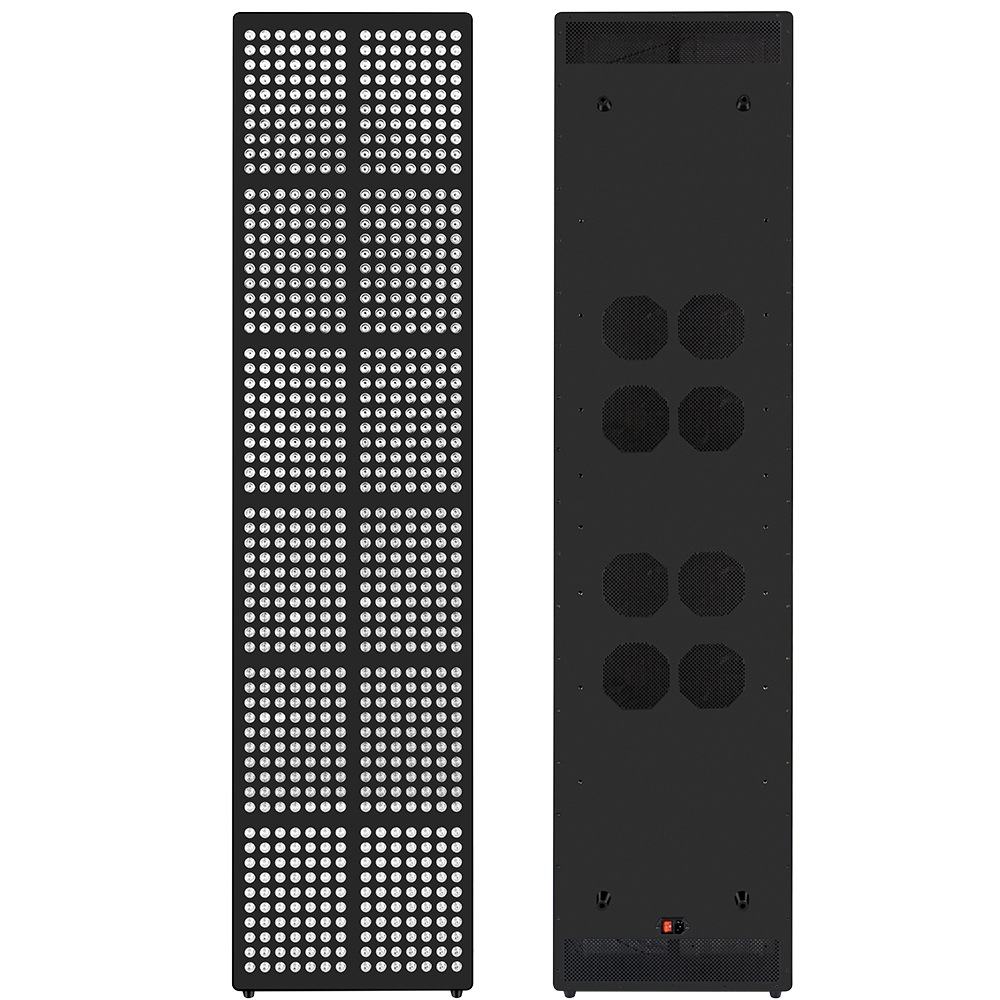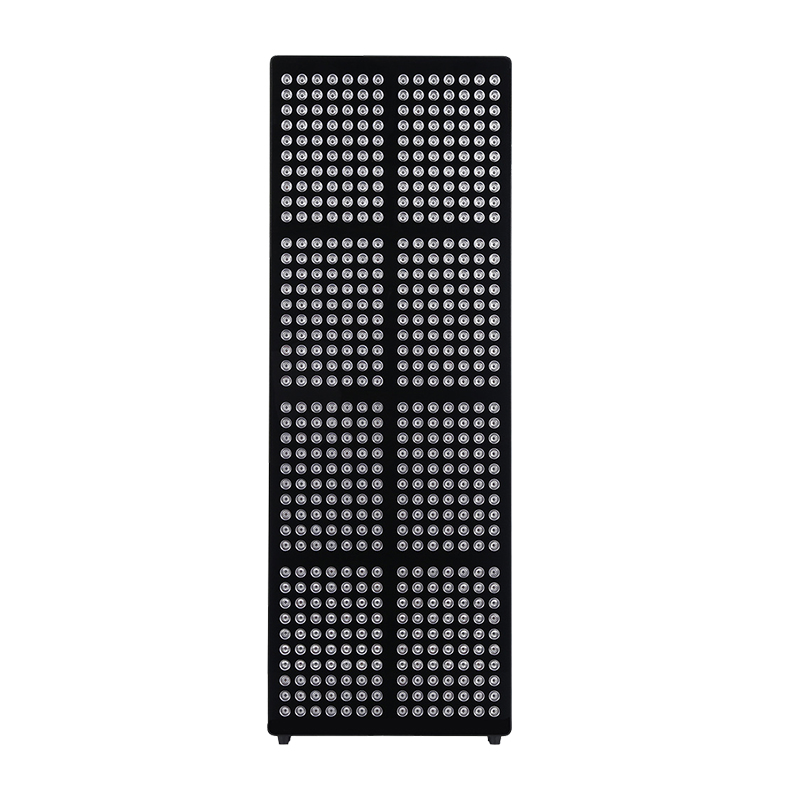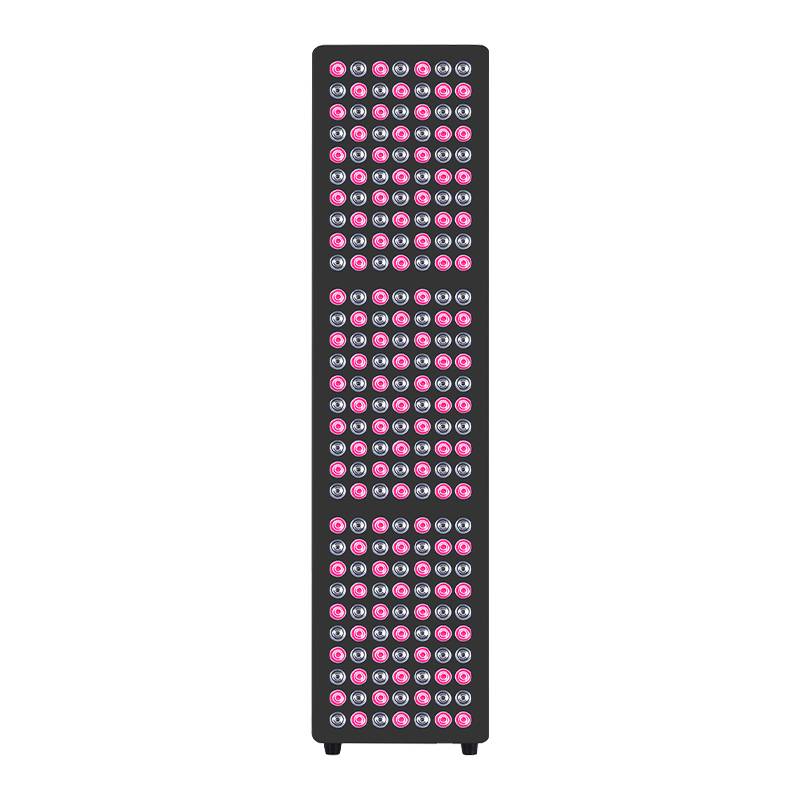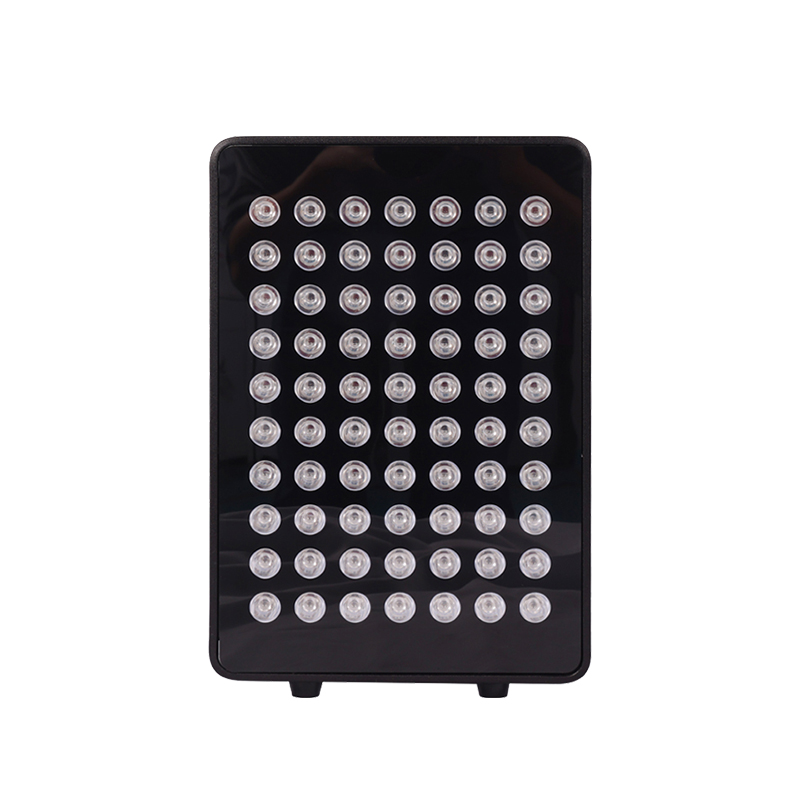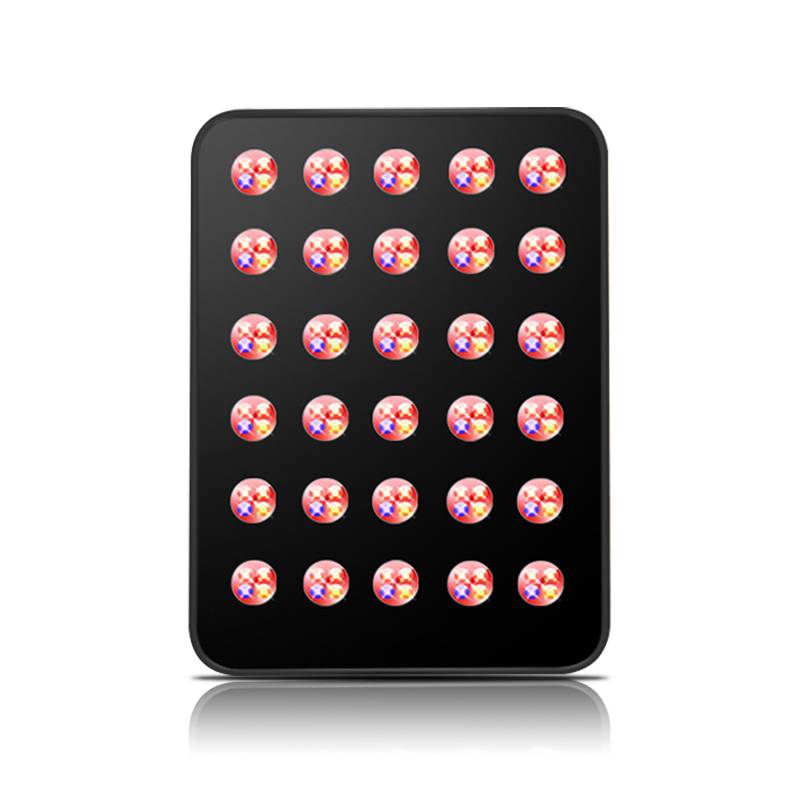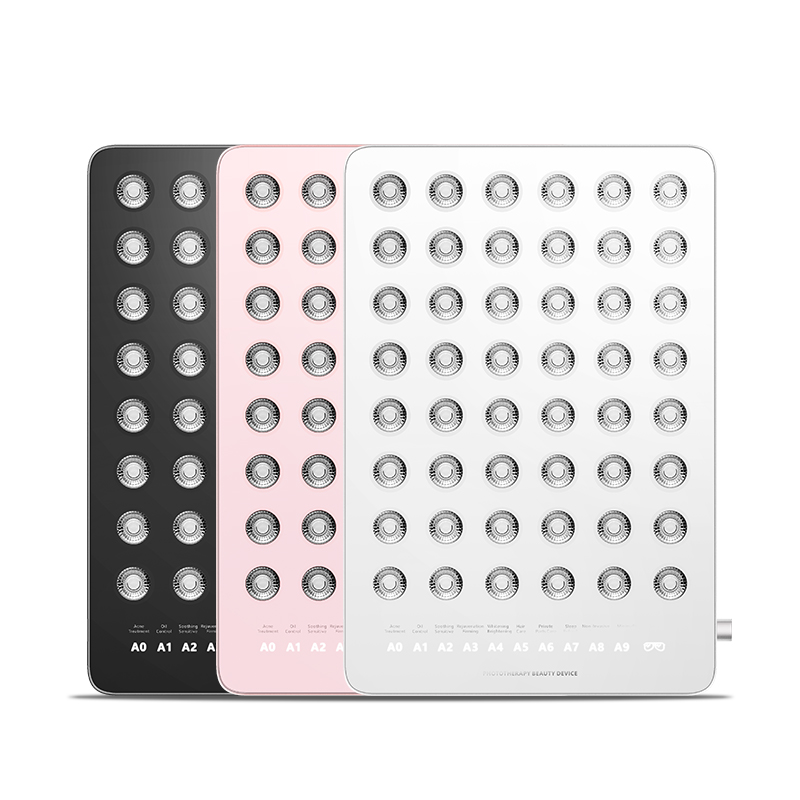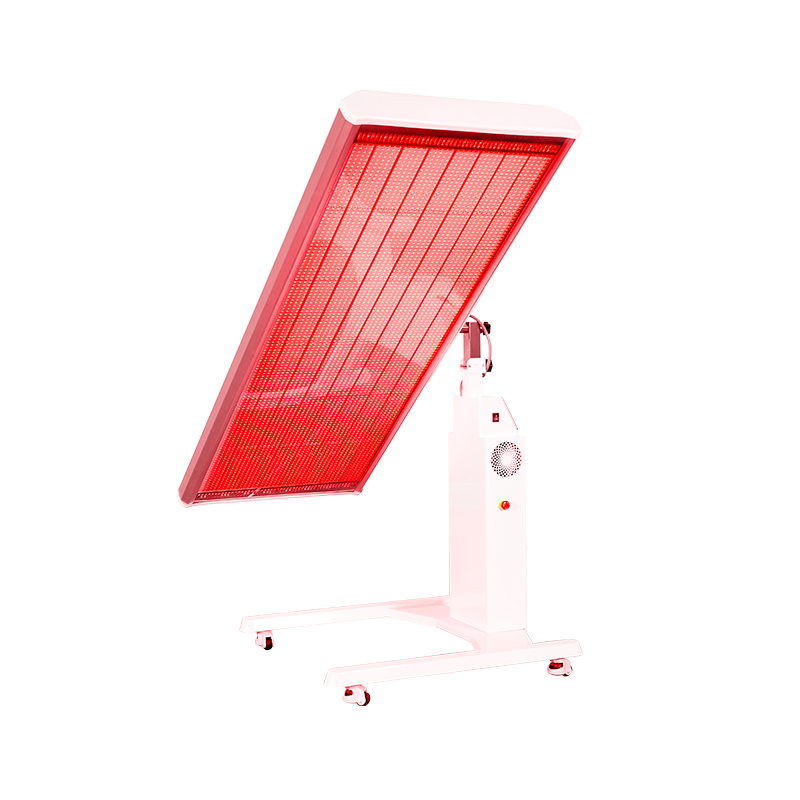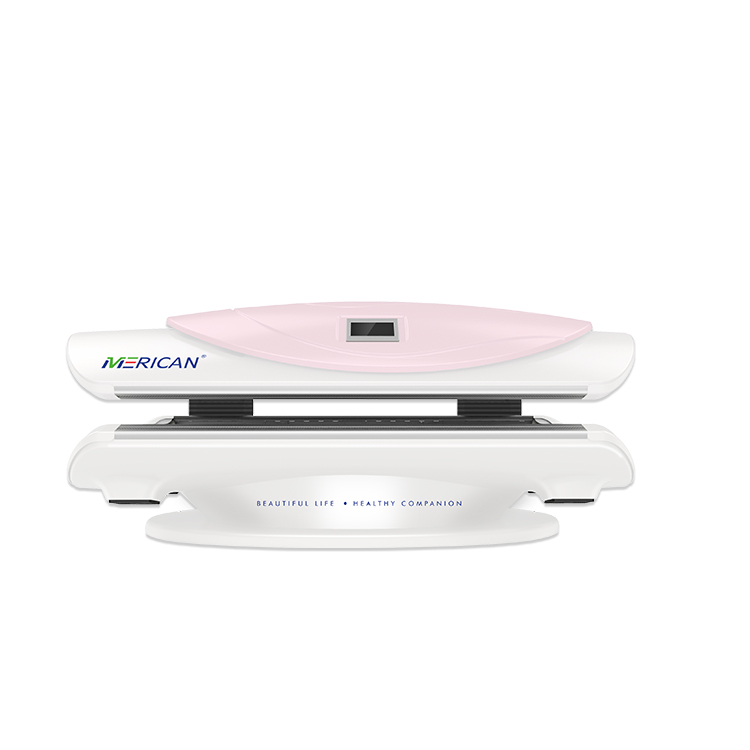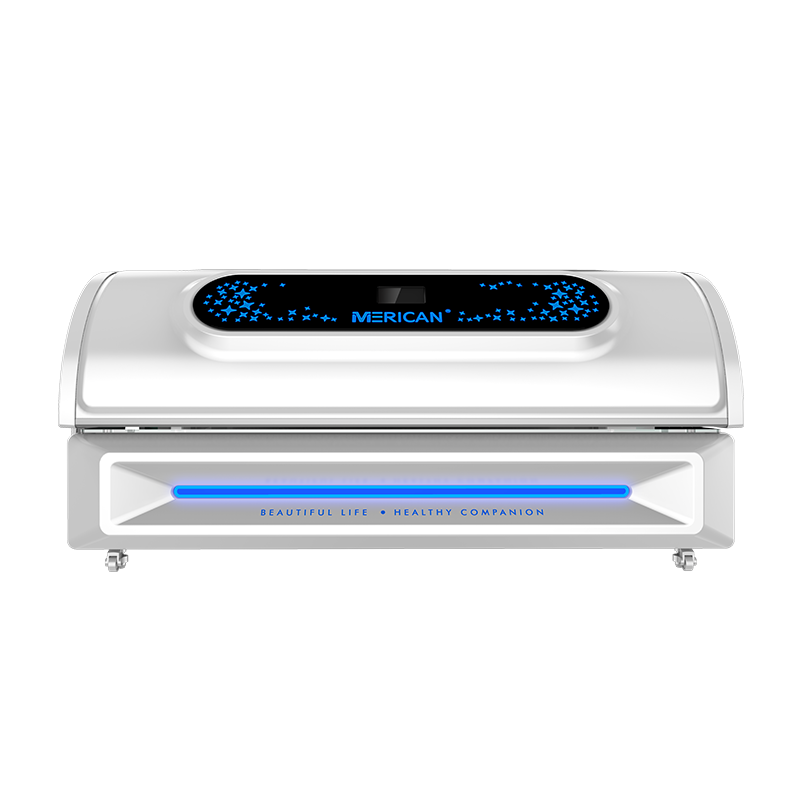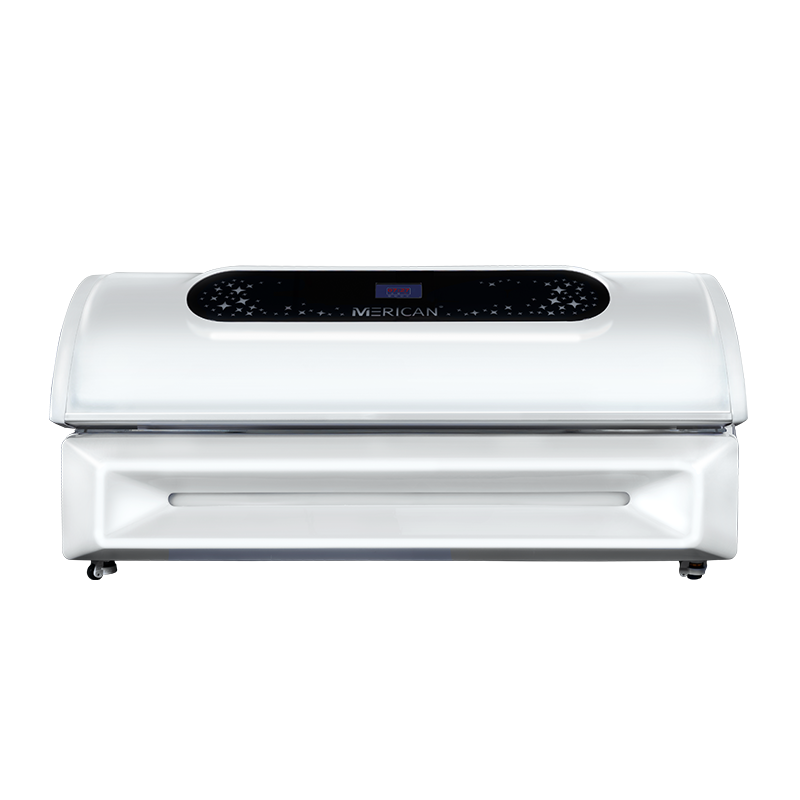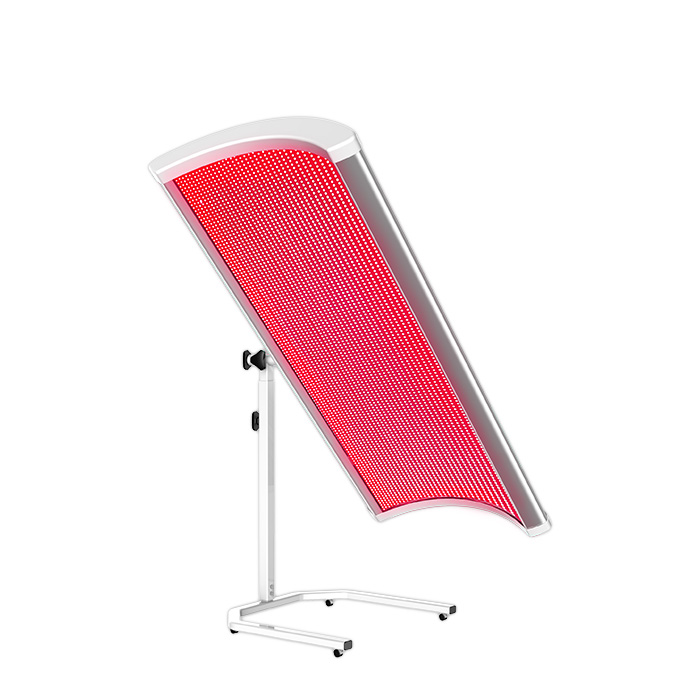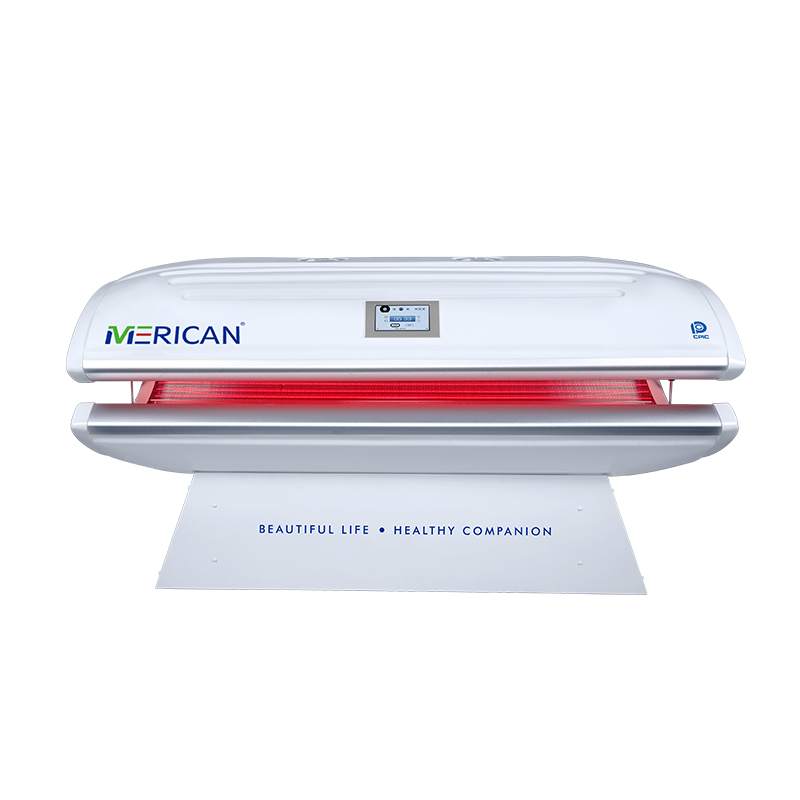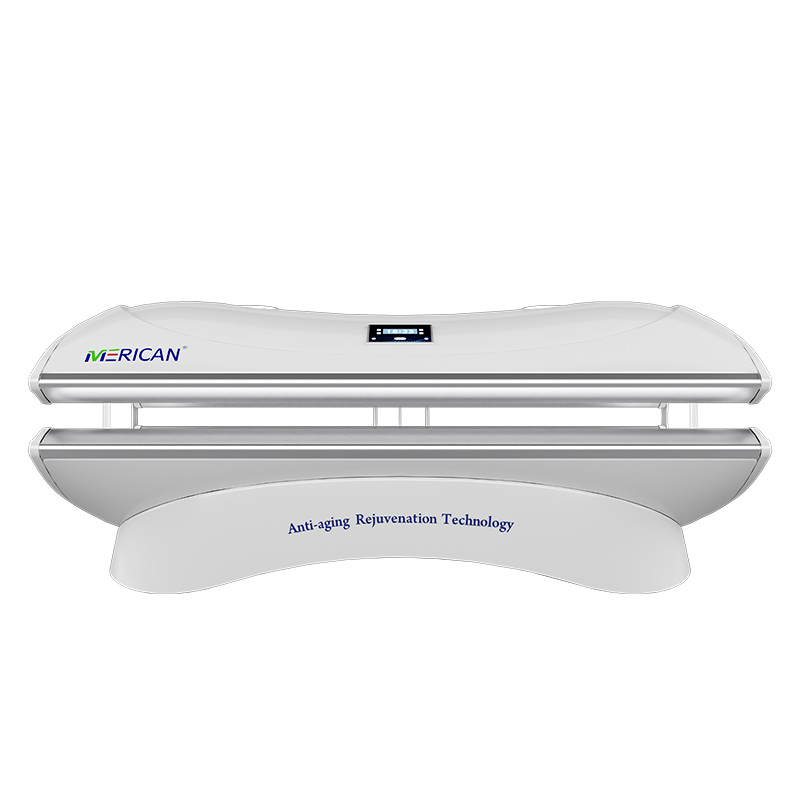Short Answer:
Yes, red light therapy can help improve hyperpigmentation, but it works best for certain types and should be used consistently and correctly.
It won’t bleach or instantly remove dark spots — instead, it balances melanin production, reduces inflammation, and promotes skin repair at the cellular level.
How It Works
Red light therapy (RLT) uses wavelengths typically between 630 nm and 660 nm (red) and sometimes 850 nm (near-infrared).
These wavelengths penetrate the skin and stimulate mitochondria in your cells to produce more ATP — the energy source for repair and regeneration.
That process leads to:
✅ Faster cell turnover — helps fade dark spots over time
✅ Reduced inflammation — calms post-acne marks and melasma triggers
✅ Improved circulation — promotes even skin tone and oxygen delivery
✅ Collagen stimulation — brightens dull, uneven skin texture
What Types of Pigmentation It Helps Most
Red light therapy can improve:
- Post-inflammatory hyperpigmentation (PIH) — dark marks left after acne or injury
- Sunspots (age spots) — caused by UV exposure
- Melasma (mild to moderate cases) — when combined with other treatments
- Overall uneven skin tone — from oxidative stress or sun damage
Clinical studies have shown that red and near-infrared light reduce melanin accumulation and oxidative stress, helping skin return to a more even tone.
What It Can’t Do
While red light therapy is powerful, it’s not a bleaching treatment. It doesn’t strip pigment or provide instant results.
It won’t completely remove:
- Deep dermal pigmentation
- Severe melasma
- Birthmarks or genetic pigment conditions
These often require medical-grade treatments like lasers or chemical peels (ideally guided by a dermatologist).
Best Way to Use Red Light Therapy for Pigmentation
1️⃣ Cleanse the skin thoroughly before each session.
2️⃣ Use daily or 3–5 times per week, for 10–20 minutes.
3️⃣ Combine with antioxidants (like Vitamin C) or niacinamide to boost brightening.
4️⃣ Always use broad-spectrum sunscreen (SPF 30+) — otherwise UV exposure will undo your progress.
🔁 Most people notice visible improvement in 4–8 weeks of consistent use.
Bonus: Why Red Light Helps Even Beyond Pigmentation
Because it also:
- Stimulates collagen → smoother texture, fewer fine lines
- Reduces inflammation → calmer, more balanced skin
- Strengthens skin barrier → better moisture retention
- Improves overall radiance and glow
That’s why dermatologists often pair red light therapy with other skincare routines for comprehensive skin rejuvenation.
Precautions
- Avoid overuse — stick to recommended session lengths
- Don’t combine immediately with strong acids or retinol
- If you have photosensitive conditions or use light-sensitizing medications, consult your doctor first
The Bottom Line
Yes — red light therapy can effectively reduce hyperpigmentation by balancing melanin, calming inflammation, and promoting skin renewal.
It’s safe, gentle, and ideal for ongoing maintenance or as a complement to professional treatments.
For best results, choose a high-quality device that uses clinically proven wavelengths (660 nm and 850 nm) — like MERICAN’s red light facial or full-body systems, engineered for consistent and even light output.

